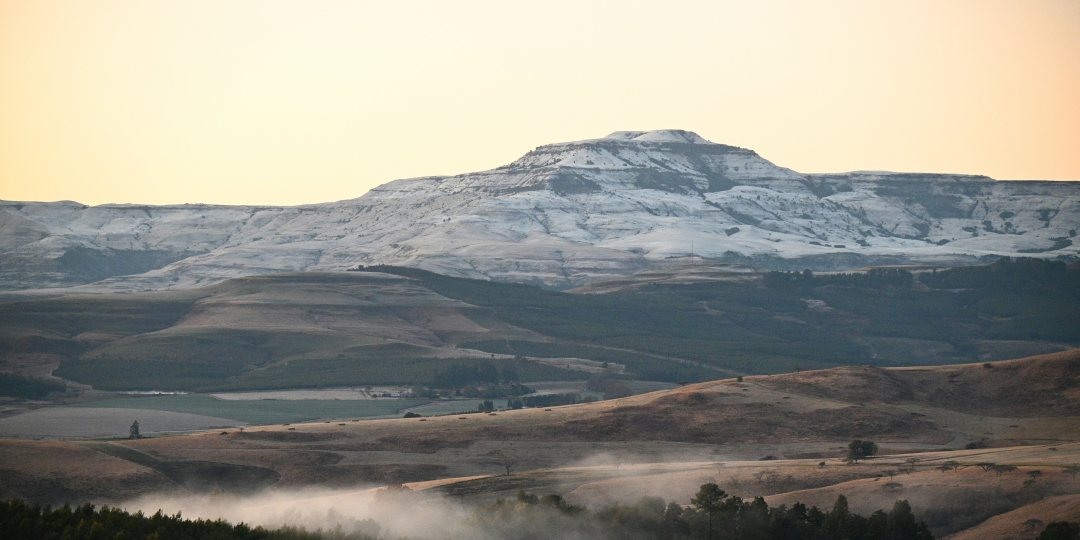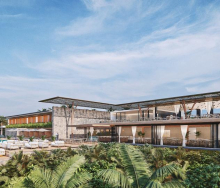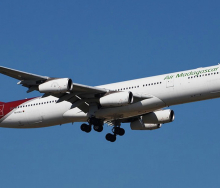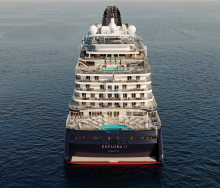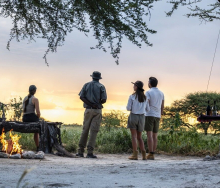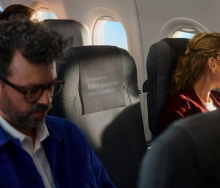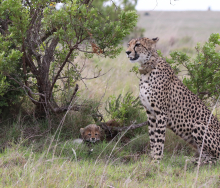Tiffindell, South Africa’s only ski resort, has closed shop and is now for sale.
The resort in southern Drakensberg, in the Eastern Cape, is one of only two ski resorts in Southern Africa, along with Afriski Mountains Resort in Lesotho.
According to the Tiffindell website and Chris Stevens, an avid supporter of Tiffindell and CEO of Chris Stevens Real Estate, which is acting on behalf of the property, the resort closed due to the pandemic and is now for sale.
“The resort lost three years of the snow crowd. The ski season is also limited to just three months – from June to August,” explains Stevens.
Lockdown restrictions forced Tiffindell to close for two years, and in the third year, restrictions were not lifted in time for the resort to prepare for the ski season.
“Like many businesses, unfortunately, that was the death of Tiffindell,” says Stevens.
Another factor that has played a role is increasingly inconsistent snowfall.
“You never quite know, whether you’re going to get good or bad snow. There is always snow, it is just not necessarily really good snow. Sometimes, the snow starts early, sometimes it runs late,” says Stevens.
While Tiffindell was equipped with snowmaking machines, they would need to run all night to supplement the snow on the slopes when it was too thin to ski, which was an additional expense for the resort.
Shaun McCarthy, Founder of Whitestar Cruise & Travel, has extensive experience managing ski holidays and understands the nuances of the industry.
He says creating snow using snow machines may have become too costly as the number of skiers decreased.
“It’s expensive for resorts to make snow for very small runs. And guests would be paying a good couple of thousand rand to go for a weekend.”
McCarthy says, globally, rising costs have affected the ski industry, causing a decrease in the number of skiers worldwide.
Although skiing was a popular holiday about 10 years ago, the same cannot be said now, and McCarthy believes this is not due to a lack of people wanting to ski but because the sport has become prohibitively expensive, reducing the number of travellers who can afford it.
What now?
Although the fate of Tiffindell remains uncertain, Stevens remains positive about its future, saying it contributes an undeniable amount to the region’s hospitality industry, local suppliers and people.
“Tiffindell was not a small operation. There were about 200 staff or so in season. I certainly hope it will continue to run as a ski resort, because it is important, not only to the owners of Tiffindell, but also the employees and the town of Rhodes, where there are a number of B&Bs for when there’s not enough accommodation for all the people who want to ski.”
Stevens believes Tiffindell has the potential to be marketed as a year-round resort with summer adventure activities, which is a model that many other ski resorts in other parts of the world have adopted.
“The people who own it are skiers, and they concentrate only on the skiing. But it is a fabulous resort. If you think about the Swiss, Italian or Austrian Alps, they are full in summer as well.”
Tiffindell’s natural resources for summer vacations include several dams for fishing. Its location between three of the eight mountain passes in the Eastern Cape’s Drakensberg makes it ideal for hiking, 4x4s and mountain biking.
“All of that could be exploited wonderfully. Skiing is key, but there are definitely opportunities for the whole year, which again, would benefit the resort and the surrounding area. It is potentially a profitable operation and could be more so if exploited to the full.”
